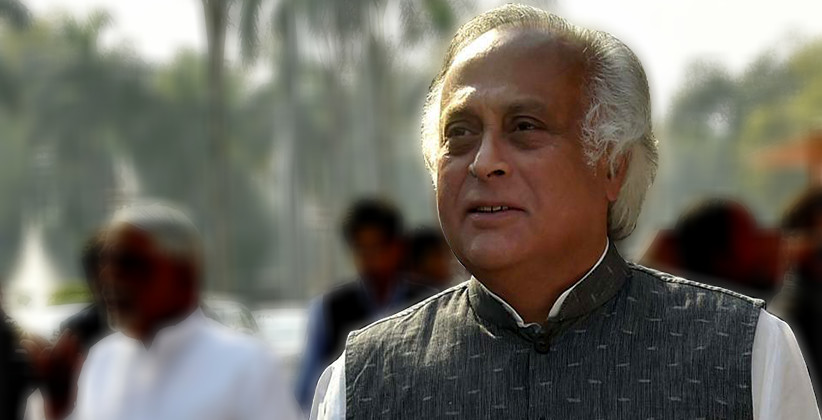On January 31, 2020 a Supreme Court bench comprising Justices DY Chandrachud and KM Joseph issued a notice to the Central Government to give response within four weeks, on a Public Interest Litigation (PIL) filed by ex-Union Minister and Congress MP Jairam Ramesh challenging the constitutionality of the Right to Information (Amendment) Act, 2019 and the Right to Information (Term of Office, Salaries, Allowances and Other Terms and Conditions of Service) Rules, 2019 (RTI Rules).
The real object of the amendment is to denude the authorities under the RTI of their independence and impartiality. The Government feels threatened by the authorities under RTI that are not answerable to it and hence, the real purpose of the impugned amendments is to clip the independence and impartiality of the authorities under the act, saysPIL filed by Jairam Ramesh.
"Section 2 (c) of the amendment Act grants absolute power to the central government to prescribe the salaries, allowances, and terms and conditions of service of the central information commissioners that in the pre-amended Act was fixed to be on par with election commissioners under section 13 (5) of the RTI Act," the plea said.
As per plea, Rule 3 and Rule 12 prescribes a tenure of 3 years for the office of Central as well as State Information Commissioners and Rule 5 and Rule 14 for stipulating the salaries of the Central and the State Information Commissioners which shall be at the pleasure of the Central Government.
Rule 21 gives the Central Government absolute power to decide the condition of service of Information Commissioners not expressly covered under the rules, which is further questioned as a residuary power.
Moreover, Rule 22 gives discretionary power to the Central Government to relax the applicability of the provisions of the RTI Rules for any class or category of persons such as the Central Information Commissioner (CIC) and the State Information Commissioner (SIC), thereby empowering the Centre.
Further, it is contended that it infringes fundamental rights guaranteed under Articles 14, 19 (1) (a)and 21 of the Constitution of India, 1949.
Last year, the Congress leader had alleged that the government was bringing amendments in the RTI Act to take revenge on institutions as it exposes the "false claims" of the government.
"These are the embarrassing cases for the government. The case about his educational qualification in Delhi Court. The Prime Minister has claimed rupees four crores' bogus ration cards were weeded out by his government whereas the RTI shows that the number of bogus rations cards was actually Rs. 2.3 crore," he had said.
Author Satwik Sharma









